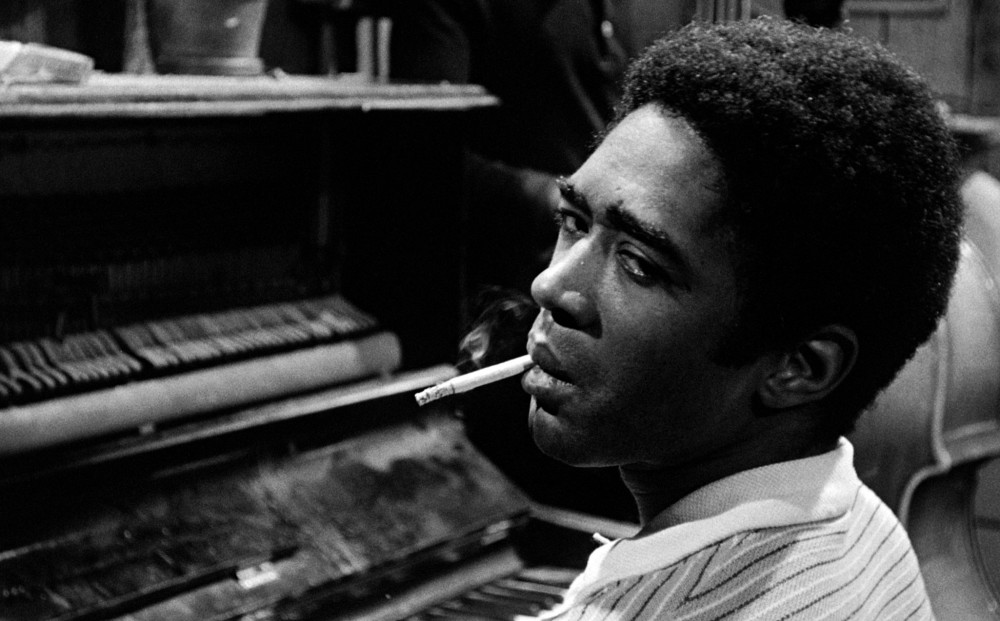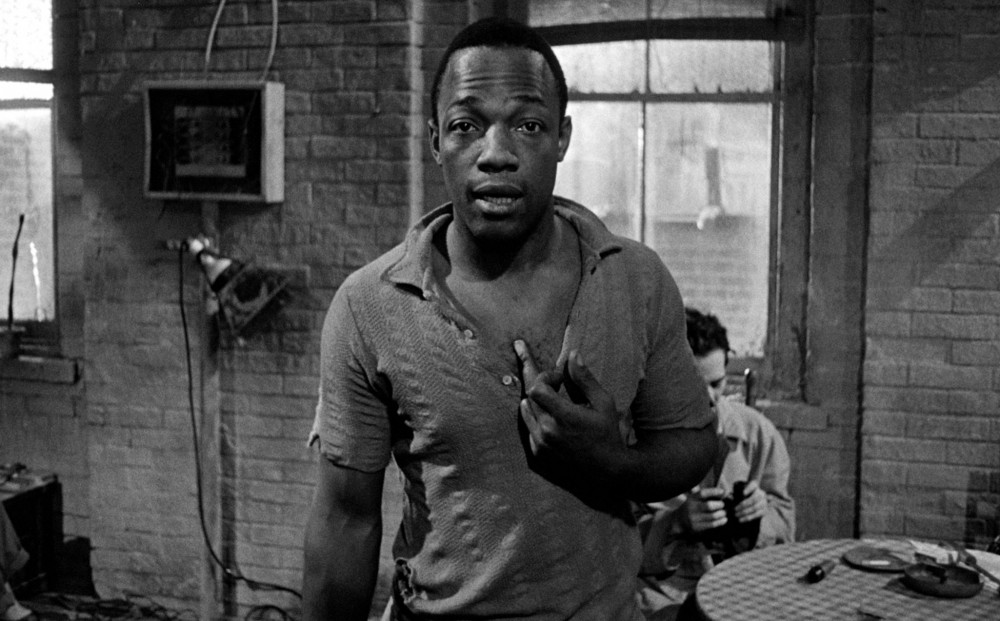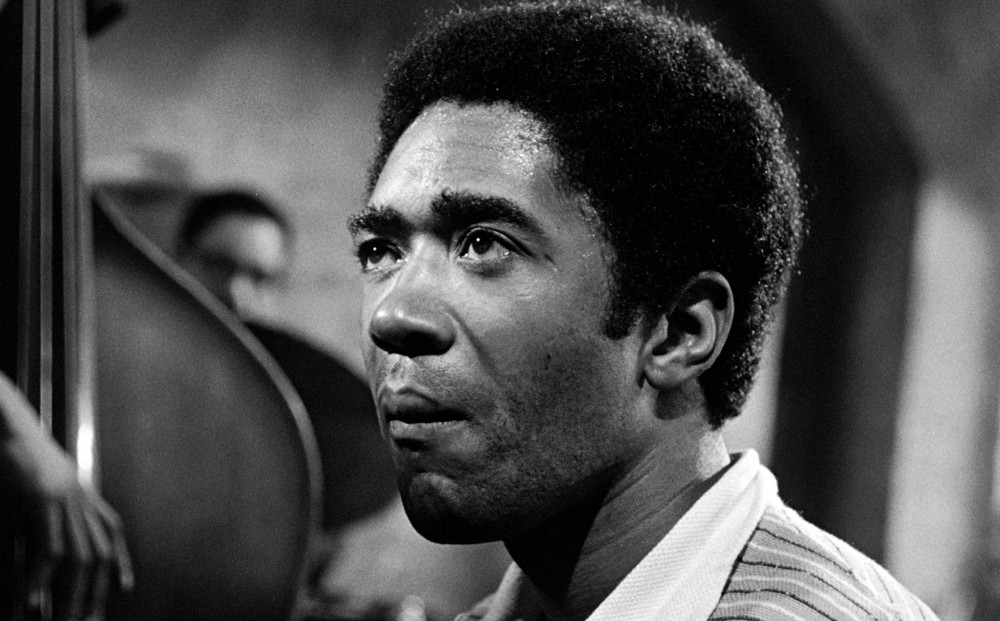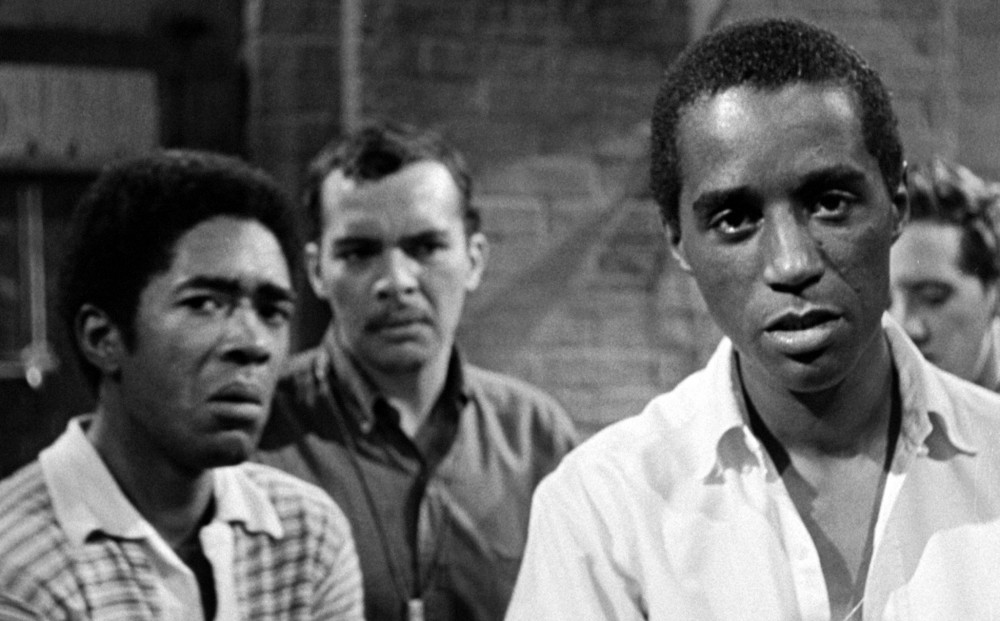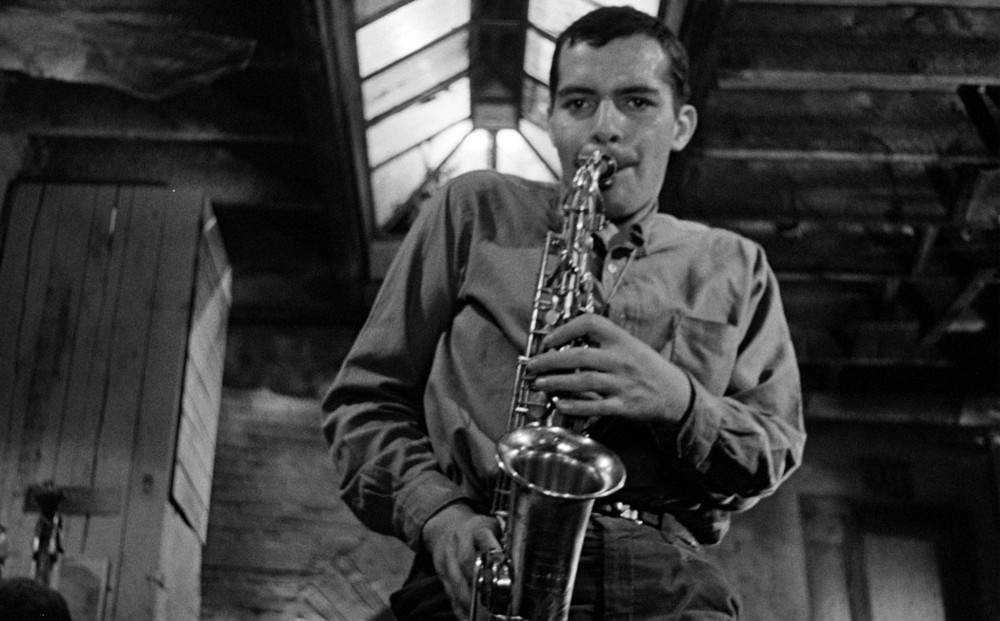THE CONNECTION
8:30
Monday, November 4
(1961, Shirley Clarke) Clarke’s American New Wave classic is the essence of cool, fixing on a group of junkies and jazz musicians hanging out in an East Village loft. Music by Freddie Redd with Jackie McLean, Michael Mattos, Larry Ritchie, and Redd performing throughout on camera. DCP. Approx. 103 min.
Reviews
“Beneath the supposed meaninglessness of The Connection, beneath all walking, talking and jazzing, a sort of spiritual autopsy of contemporary man is performed.”
– Jonas Mekas
“A time capsule loaded with smack from the bohemian underbelly of JFK-era America, Shirley Clarke’s 1961 film The Connection is an illustration of how much things change, and how much they stay the same… Watching this ensemble drama about a multiracial group of New York jazz musicians and beat philosophers in a run-down apartment, waiting for their drug dealer to show up, is like traveling back 50 years in time, only to encounter the same people you might meet on the street today (at least, in certain neighborhoods of Brooklyn, San Francisco, Austin and so on).”
– Andrew O'Hehir, Salon
“Clarke’s decision to both literally and figuratively turn the camera on the creative types behind it was key; in many ways, The Connection sets the template for modern form-hijacking meta-movie gestures, from David Holzman’s Diary to the self-conscious indies of the ‘90s. One man’s squalor is another’s mise en scène, it tells us, and anyone who thinks you can be objective with a movie camera running and a mojo pin in your arm is dreaming… Attention must be paid.”
– David Fear, Time Out (New York)
“There is an element of playful self-interrogation in Clarke’s merciless picking apart of the pretense-to-truth vérité approach, as well as a skewering of male postures of authority. No trace of sentimentality, either, in her portrayal of the downtown dope sick. The film’s corrosive power seems to have remained wholly intact: The first-time viewer will have no trouble seeing why The Connection provoked such strong across-the-board reactions 50 years ago—the majority of today’s American independent productions look timorous by comparison.”
– Benjamin Mercer, The L Magazine
“Right now, I’m revolting against the conventions of movies. Who says a film has to cost a million dollars and be safe and innocuous enough to satisfy every 12-year-old in America?… We’re creating a movie equivalent of Off Broadway, fresh and experimental and personal. The lovely thing is that I’m alive at just the time when I can do this.”
– Shirley Clarke, 1962

